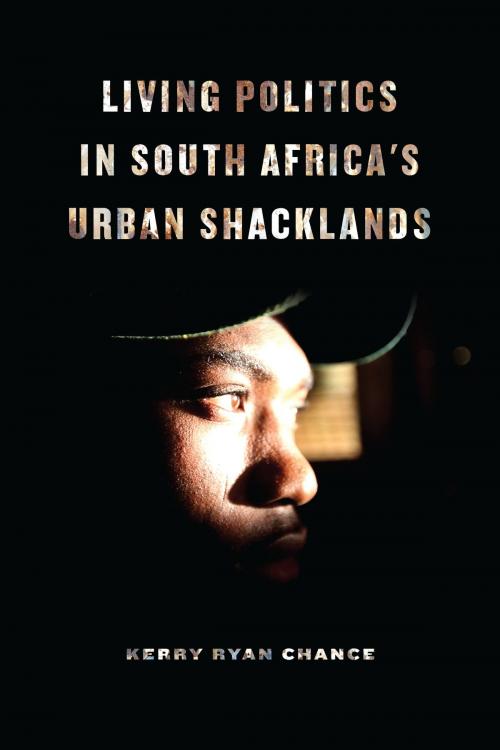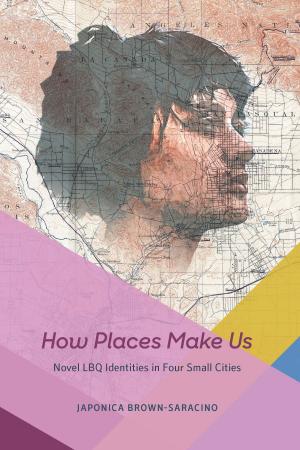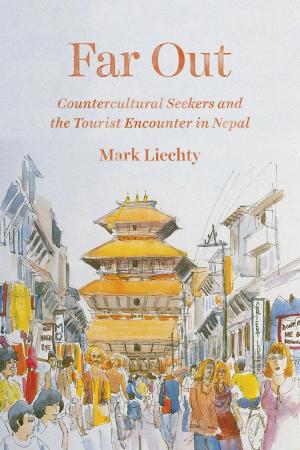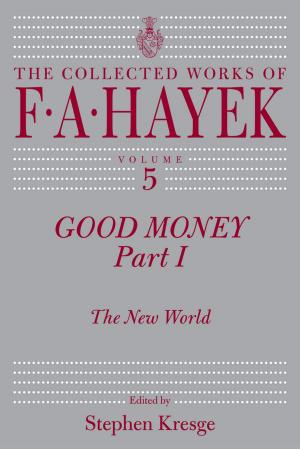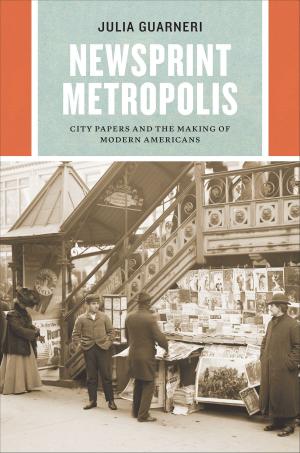Living Politics in South Africa’s Urban Shacklands
Nonfiction, Social & Cultural Studies, Social Science, Anthropology, Political Science, International| Author: | Kerry Ryan Chance | ISBN: | 9780226519838 |
| Publisher: | University of Chicago Press | Publication: | June 5, 2018 |
| Imprint: | University of Chicago Press | Language: | English |
| Author: | Kerry Ryan Chance |
| ISBN: | 9780226519838 |
| Publisher: | University of Chicago Press |
| Publication: | June 5, 2018 |
| Imprint: | University of Chicago Press |
| Language: | English |
While much has been written on post-apartheid social movements in South Africa, most discussion centers on ideal forms of movements, disregarding the reality and agency of the activists themselves. In Living Politics, Kerry Ryan Chance radically flips the conversation by focusing on the actual language and humanity of post-apartheid activists rather than the external, idealistic commentary of old.
Tracking everyday practices and interactions between poor residents and state agents in South Africa’s shack settlements, Chance investigates the rise of nationwide protests since the late 1990s. Based on ethnography in Durban, Cape Town, and Johannesburg, the book analyzes the criminalization of popular forms of politics that were foundational to South Africa’s celebrated democratic transition. Chance argues that we can best grasp the increasingly murky line between “the criminal” and “the political” with a “politics of living” that casts slum and state in opposition to one another. Living Politics shows us how legitimate domains of politics are redefined, how state sovereignty is forcibly enacted, and how the production of new citizen identities crystallize at the intersections of race, gender, and class.
While much has been written on post-apartheid social movements in South Africa, most discussion centers on ideal forms of movements, disregarding the reality and agency of the activists themselves. In Living Politics, Kerry Ryan Chance radically flips the conversation by focusing on the actual language and humanity of post-apartheid activists rather than the external, idealistic commentary of old.
Tracking everyday practices and interactions between poor residents and state agents in South Africa’s shack settlements, Chance investigates the rise of nationwide protests since the late 1990s. Based on ethnography in Durban, Cape Town, and Johannesburg, the book analyzes the criminalization of popular forms of politics that were foundational to South Africa’s celebrated democratic transition. Chance argues that we can best grasp the increasingly murky line between “the criminal” and “the political” with a “politics of living” that casts slum and state in opposition to one another. Living Politics shows us how legitimate domains of politics are redefined, how state sovereignty is forcibly enacted, and how the production of new citizen identities crystallize at the intersections of race, gender, and class.
